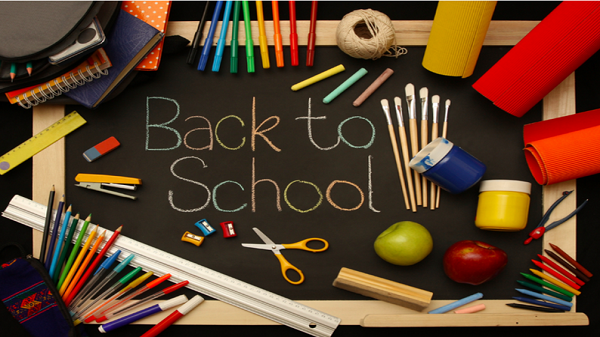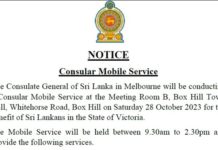-
-
Testing
-
- Rapid antigen testing will be in place for at least the first four weeks of term one.
- The Victorian government will deliver more than 14 million RATs to schools and early childhood education and care services, including 6.6 million tests in the first week of term.
- Twice-weekly surveillance testing will be strongly recommended for all primary and secondary school students and staff, early childhood education and care staff.
- Students and staff at specialist schools will be recommended to test five days a week due to the higher risk of severe illness for medically vulnerable children.
-
-
-
Vaccination requirements
-
- School and early childhood staff will be added to the list of workers who must receive a third dose of a COVID-19 vaccine by February 25, or within three months and two weeks of receiving a second dose to continue working in education settings.
-
-
-
Ventilation, outdoor learning support.
-
- Improved ventilation will be a key measure to slow the spread of COVID-19, particularly in high-risk areas like staff rooms, music rooms, indoor canteens and other high-traffic areas.
- All 51,000 air-purification devices that were ordered will be delivered to government and low-fee non-government schools for the first day of term 1.
- More than 1800 schools have applied for a shade sail grant. Construction is already under way at more than 300 of these schools to allow more classes to be conducted outside.
- The government has also invested $7.5 million in early childhood services to improve ventilation, and a further $7.4 million to support kindergarten services to implement COVID-safe measures.
-
-
-
Dealing with staff shortages
-
- The government has also launched a pool of inactive teachers, education support staff, retired principals and surge administrative support staff for schools to cover any COVID-19-related staff shortages.
-
-
-
Masks
-
- Mask wearing will continue, with students in grade 3 and above required to wear masks indoors.
- Teachers will be required to wear masks at all times when not actively teaching or communicating with students.
-
-
-
Remote learning
-
- Remote learning will be considered only as a localised, short-term last resort.
- Schools and kindergartens will be required to inform staff, parents and carers when there is a positive case and will provide advice on any steps families are required to take.
- When students are required to isolate as a close contact or positive case, the Department of Education will provide a suite of online resources for students from prep to year 10, ensuring they have activities and work to complete.
-
Source and Credits – TheAge















